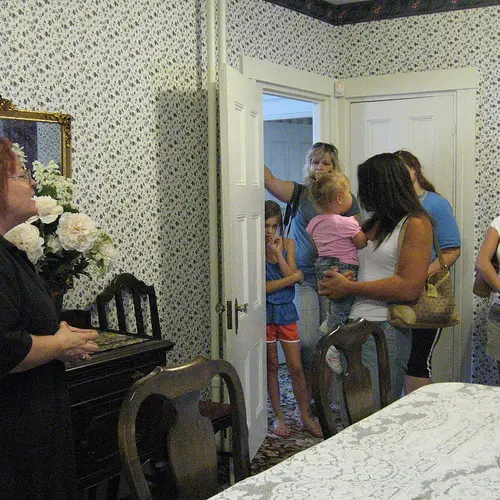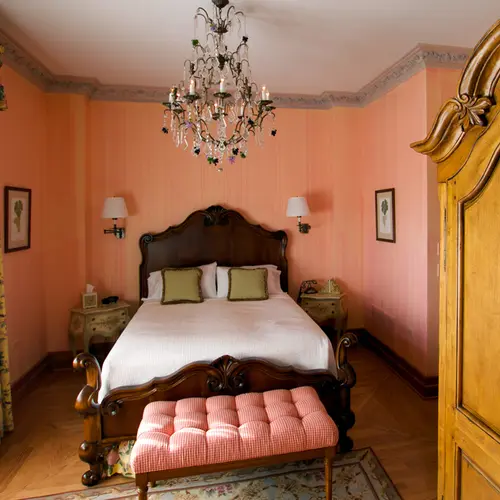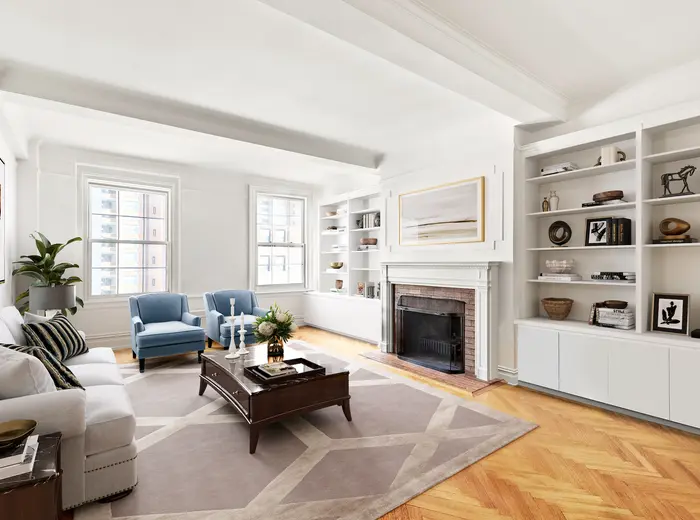Manhattan Bed and Breakfasts Are Forced to Close in the Wake of the Airbnb Battle
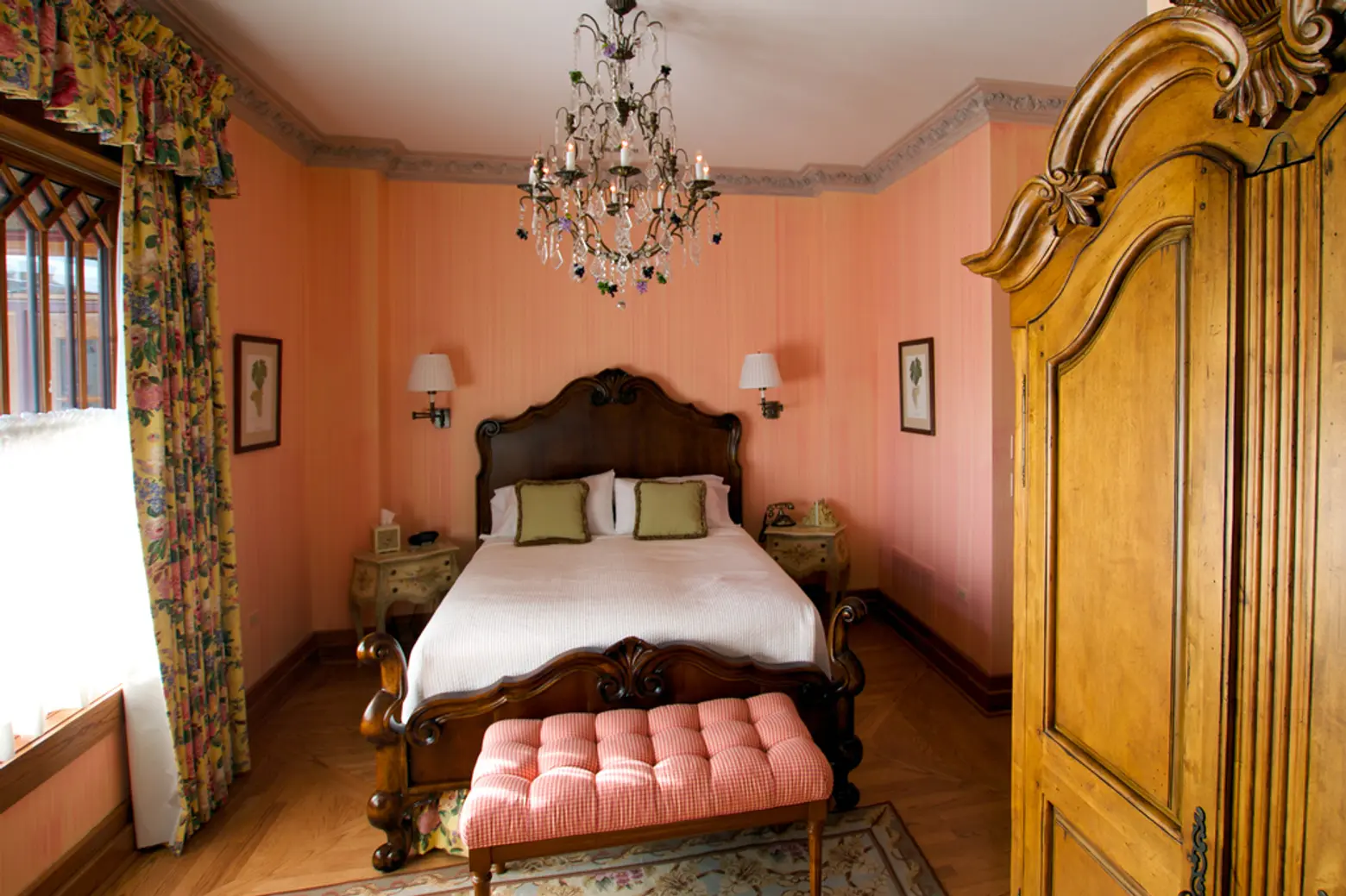
Image of a B&B Mike Miley via photopin cc
We’ve already taken a close look at how controversial room-sharing startup Airbnb is accused of depleting the already-scarce affordable housing stock in the city, but a new type of fallout is also underway. Thanks to legislation enforced in 2011 that sought to eliminate short-term rentals and illegal hotels in residential or SRO buildings, many legal bed and breakfast owners are being forced to shut their doors.
Back in 2006, before Airbnb, city and state agencies began looking at how to address the problem of short-term rentals and illegal hotels. According to the Observer, State Senator Liz Krueger, who was involved in the process, said, “We concluded that the city didn’t have the right enforcement tools. When we started looking at housing laws, safety and buildings code, which were written at different points of history, they didn’t jibe, and, in fact, conflicted with each other.”
In 2010, Krueger successfully passed a bill that clarified the multiple dwelling law. It said that if a renter or owner of a Class A-zoned residential building–the category under which most B&Bs fall–isn’t present, an apartment or room can’t be rented for fewer than 30 days. The Mayor’s Office of Special Enforcement took on the role of finding and disbanding any illegal operations. Interestingly, the Task Force operates with no government oversight and is completely complaint-driven.
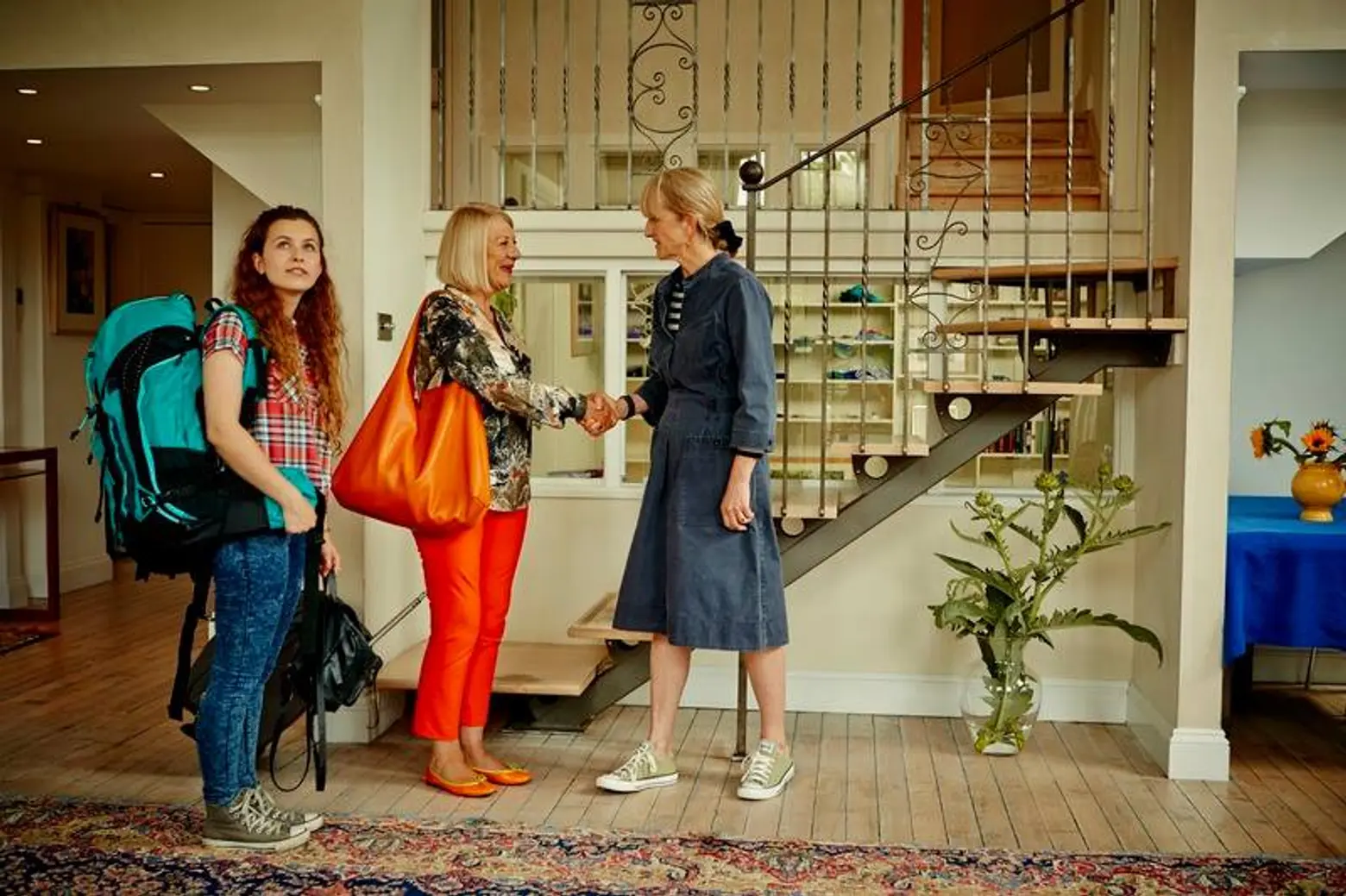
Photo courtesy of Airbnb via Facebook
In 2003, the city asked B&B owners to pay hotel sales tax, and all that complied were licensed as small-facility operators. But under the new bill, B&Bs and hostels are not protected, and the Task Force is scrutinizing them in the same manner as illegal hotels. Additionally, these small business operations are now held to the same safety standards as large hotels, being issued violations by the Task Force for not having two separate staircases of egress or fire safety sprinkler systems.
Krueger says she is aware of the issues, but that it’s too complicated to change the Certificate of Occupancy or zoning for a B&B, noting that this wasn’t addressed in her law. She did say, however: “I personally think it’s legitimate for the city to explore some allowances for easier variances for a B&B type situation.” In the meantime, tax-paying B&Bs are being forced to shutter, some having been rendered illegal by the Task Force and others succumbing to excessive fines and headaches.
City Councilmembers Mark Weprin and Daniel Garodnick hope to find a solution to the issue. “We need to explore avenues to deal with the unintended consequence of the law. Perfectly legitimate B&Bs out there that are paying hotel and sales tax are very different from what the illegal hotel laws was trying to address. It’s clear that the laws are not protecting a group here that deserves protection,” said Garodnick. They jointly submitted a letter to Mayor de Blasio last week that provides a history of how B&Bs have been collateral damage in the fight against Airbnb and illegal hotels and requests relief for the legitimate hotels. It’s a step in the right direction, but it won’t bring back those small business that are already long gone.
[Related: Home and Away: Is Airbnb a Threat to the Affordable Housing Market?]
[Via NY Observer]
